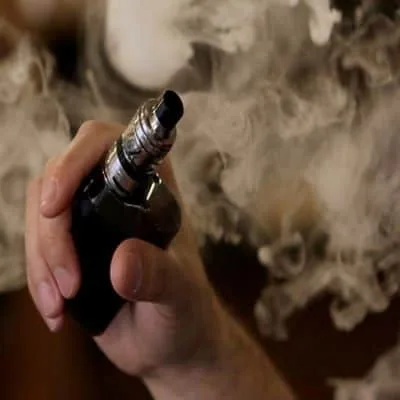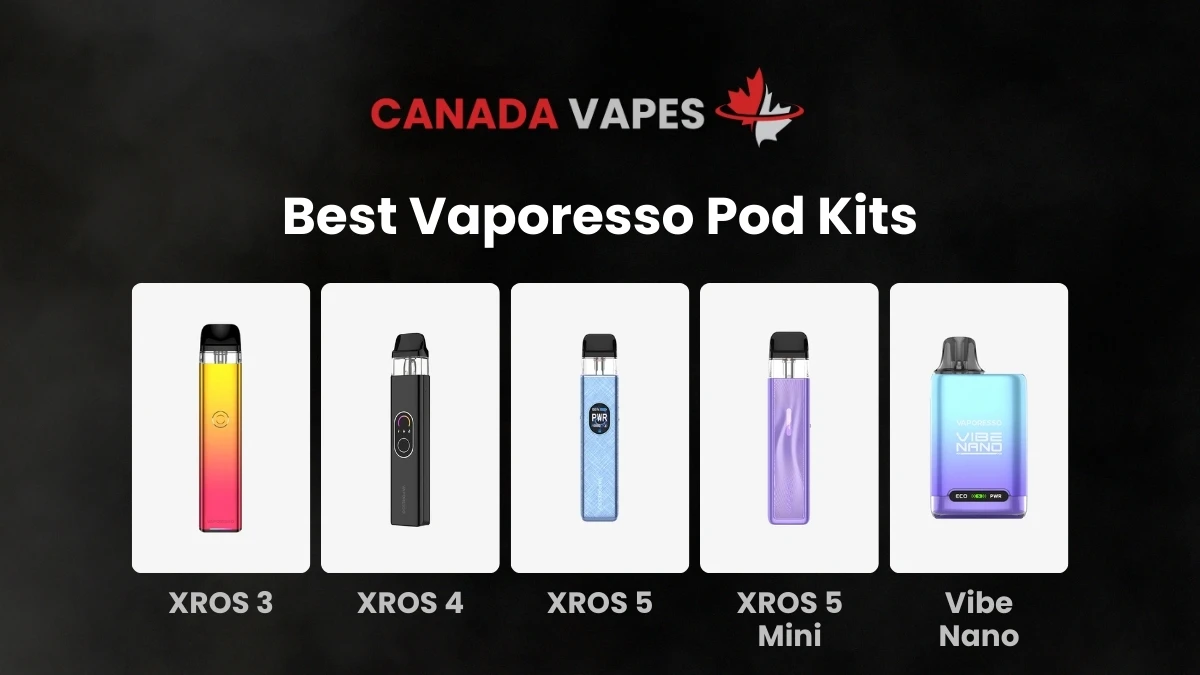On September 18th, an unnamed teenage male was hospitalized in London, Ontario, for a ‘vaping-related illness.’ Despite a lack of details regarding the specific product(s) used by the individual, Canadian media outlets hastily sounded the alarm, branding all vaping products as dangerous and advising the public to avoid them altogether.
Revealing Details:
After weeks of sensationalized reporting, Dr. Chris Mackie from the Middlesex London health unit shed light on the product involved in the illness. According to Dr. Mackie, the product in question was purchased online, not from a Canadian store.
Clarification on THC Pods:
Recent evidence suggests that many illnesses in the United States are linked to illicit THC vape pods containing Vitamin E Acetate, rather than nicotine-based e-liquids. Immediate disclosure of this fact by Dr. Mackie could have prevented vapers from reverting to smoking out of unsubstantiated health concerns.
Missed Opportunity for Clarity:
In my view, Dr. Mackie missed an opportunity to provide crucial information. He instead used this incident to promote his anti-vaping stance. By promptly revealing the truth about the American-purchased THC product causing the illness, lives could have been saved.
Delayed Disclosure and CDC Recommendations:
Weeks later, the CDC issued warnings about specific THC pods in the US. This information could have been shared with Canadians much earlier, potentially preventing further illnesses. If one teen in Canada is buying THC pods online from the US, it’s likely that hundreds more are doing the same nationwide. Prompt disclosure could have significantly mitigated the risk.
Comparative Scenario:
Imagine if a specific drug or food product caused a severe illness in Canada. Delayed disclosure of the product’s origin and illness details by a health practitioner would undoubtedly spark outrage.
Conclusion:
This incident underscores the importance of timely and transparent communication from health authorities. Prompt disclosure of pertinent information could prevent unnecessary panic and safeguard public health.
Original article can be found here.










